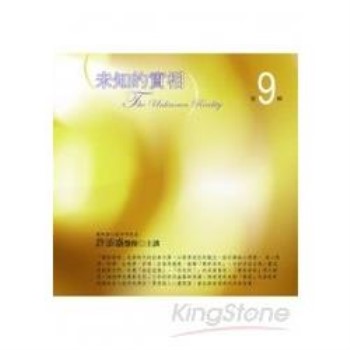| FindBook |
有 1 項符合
The Toyota Template的圖書 |
 |
The Toyota Template 作者:Phillip Ledbetter 出版社:Taylor & Francis 出版日期:2018-01-12 語言:英文 |
| 圖書館借閱 |
| 國家圖書館 | 全國圖書書目資訊網 | 國立公共資訊圖書館 | 電子書服務平台 | MetaCat 跨館整合查詢 |
| 臺北市立圖書館 | 新北市立圖書館 | 基隆市公共圖書館 | 桃園市立圖書館 | 新竹縣公共圖書館 |
| 苗栗縣立圖書館 | 臺中市立圖書館 | 彰化縣公共圖書館 | 南投縣文化局 | 雲林縣公共圖書館 |
| 嘉義縣圖書館 | 臺南市立圖書館 | 高雄市立圖書館 | 屏東縣公共圖書館 | 宜蘭縣公共圖書館 |
| 花蓮縣文化局 | 臺東縣文化處 |
|
|
Much has been written about Toyota over the last 30 years focusing on both its products (superior vehicles), and its operational excellence based on its Toyota Production System (TPS). The Toyota Template details the critical concepts and methods that Taiichi Ohno implemented in developing the Toyota Production System. This book is different, however, regarding the parallels it draws between Toyota’s pre-TPS condition and companies today who are attempting to become more efficient and Lean.
In view of efficiency, excellence, culture, and general "Leanness," many organizations are in the same position as Toyota prior to implementing what was once called the "Ohno System." The building of TPS, with the goal to eliminate waste, evolved as problems were encountered and solutions put in place. A wonderful byproduct of these years of work was the growth of a problem-solving culture throughout Toyota that is unique in the business world.
Currently, the Toyota Production System is well established. Though constantly improving, the historical picture is visible. The question many have tried to answer for their own companies is "how can they achieve world class efficiency?" The Toyota Template answers this question. This book:
- Explains the critically important elements of the Toyota Production System.
- Analyzes the sequence of implementation as the system developed.
- Places these elements in a logical order of implementation based on the history and current knowledge. In addition, it addresses the effect of each element on the culture.
The author was prompted to write this book because of his personal observations of the failure of most attempts to develop Lean systems. What makes Toyota stand out is not any of the individual elements – It is crucially important to have all the elements together as a system. Most attempts have been focused on bits and pieces of the elements, or the tools.
The Toyota Template is about the relevance of the Toyota Production System to "any type of business" today. It is not an all-inclusive explanation of every aspect of TPS. Rather, this book succinctly identifies the key elements, places them in a logical, sequential order of implementation, and explains how each contributed to the formation of the Toyota culture.
|











